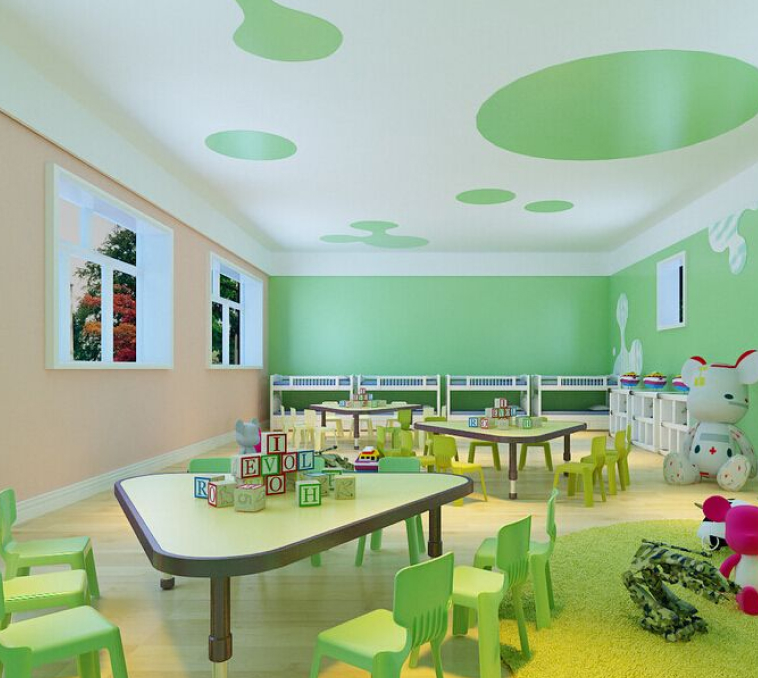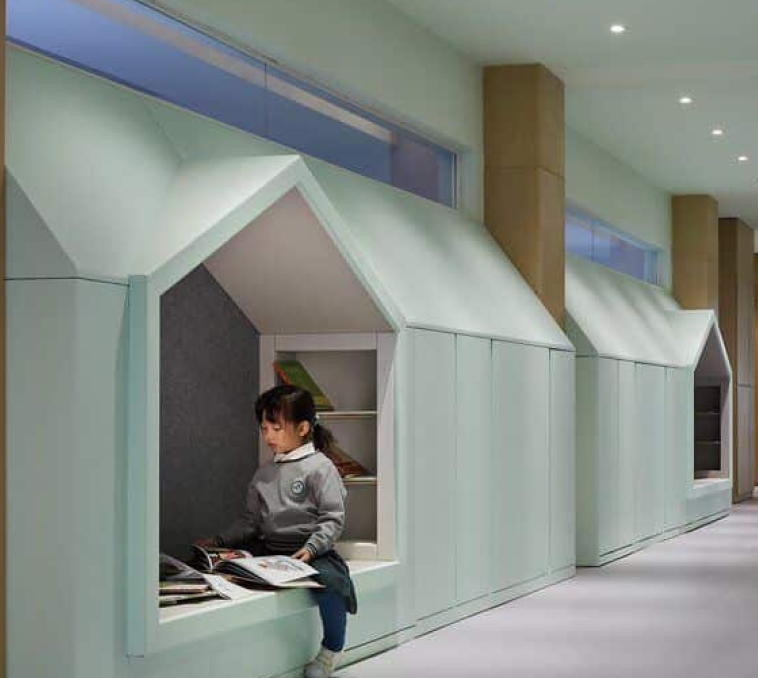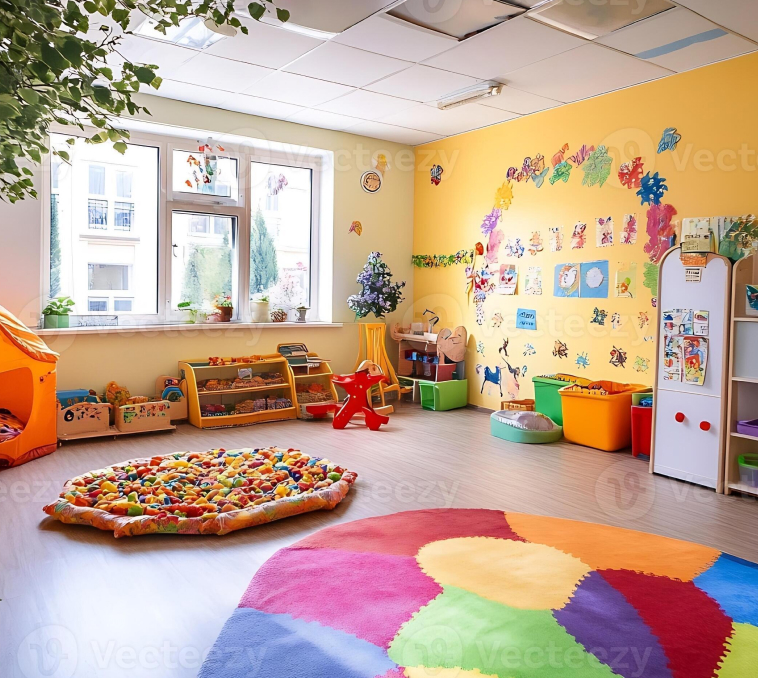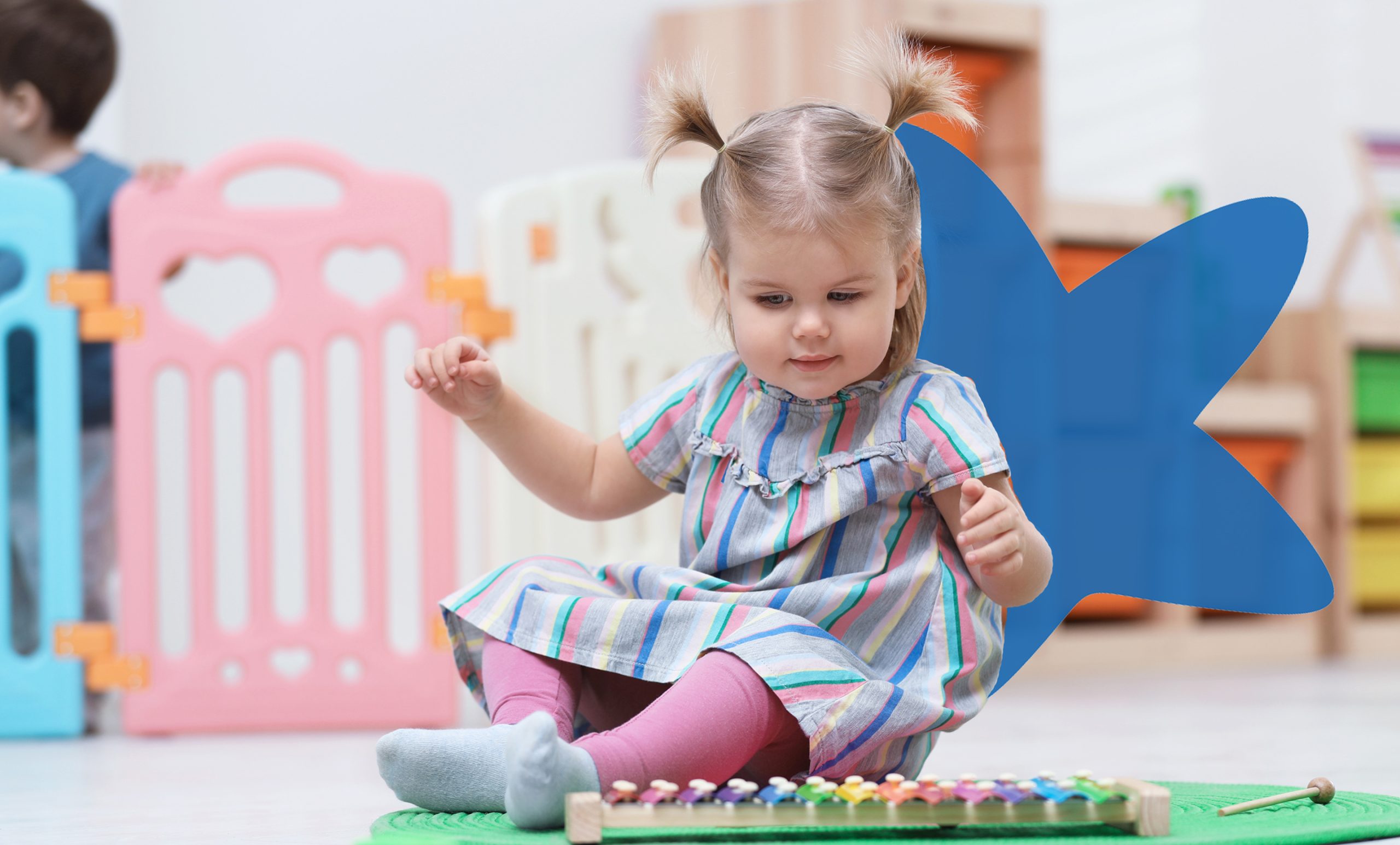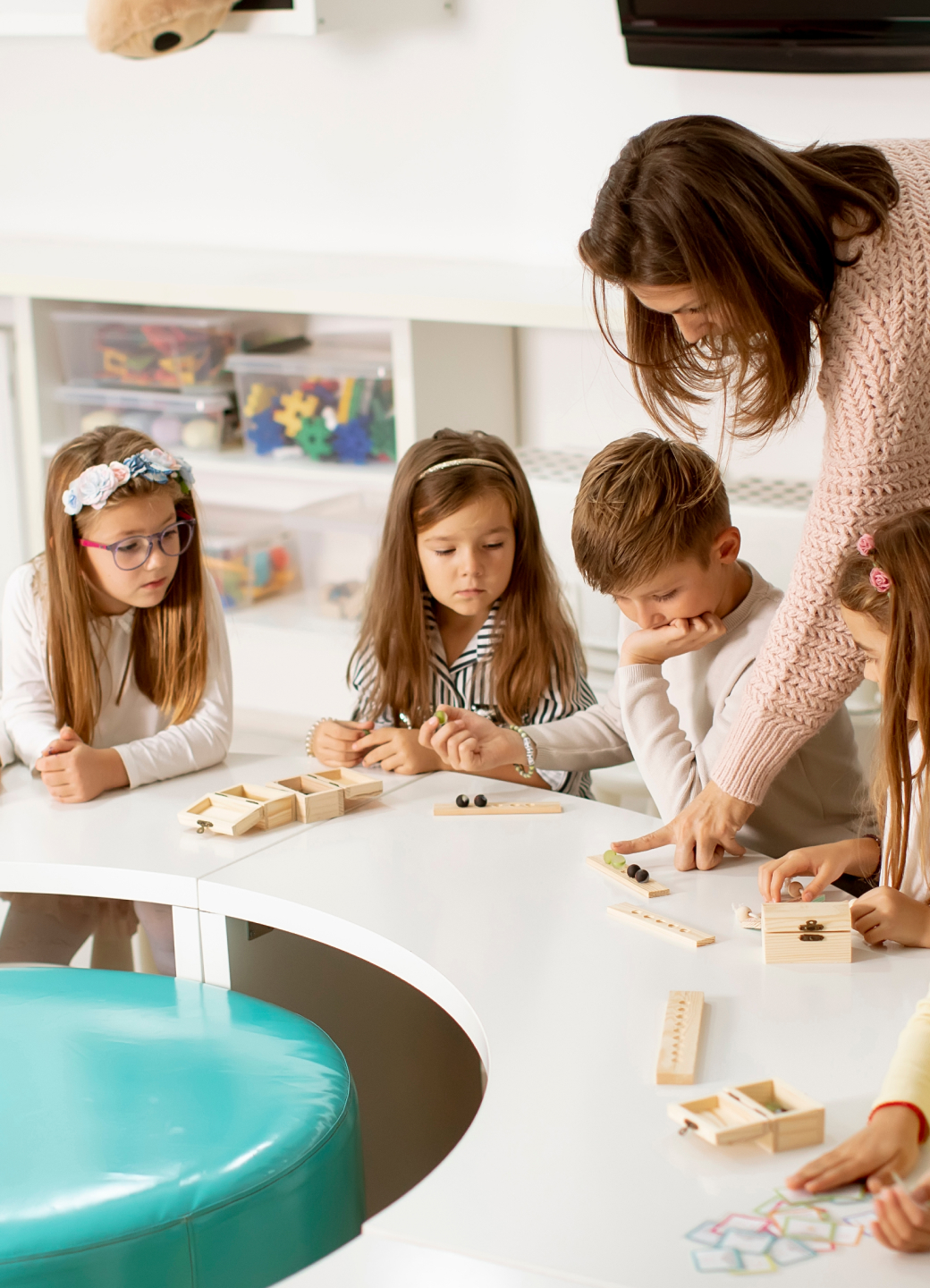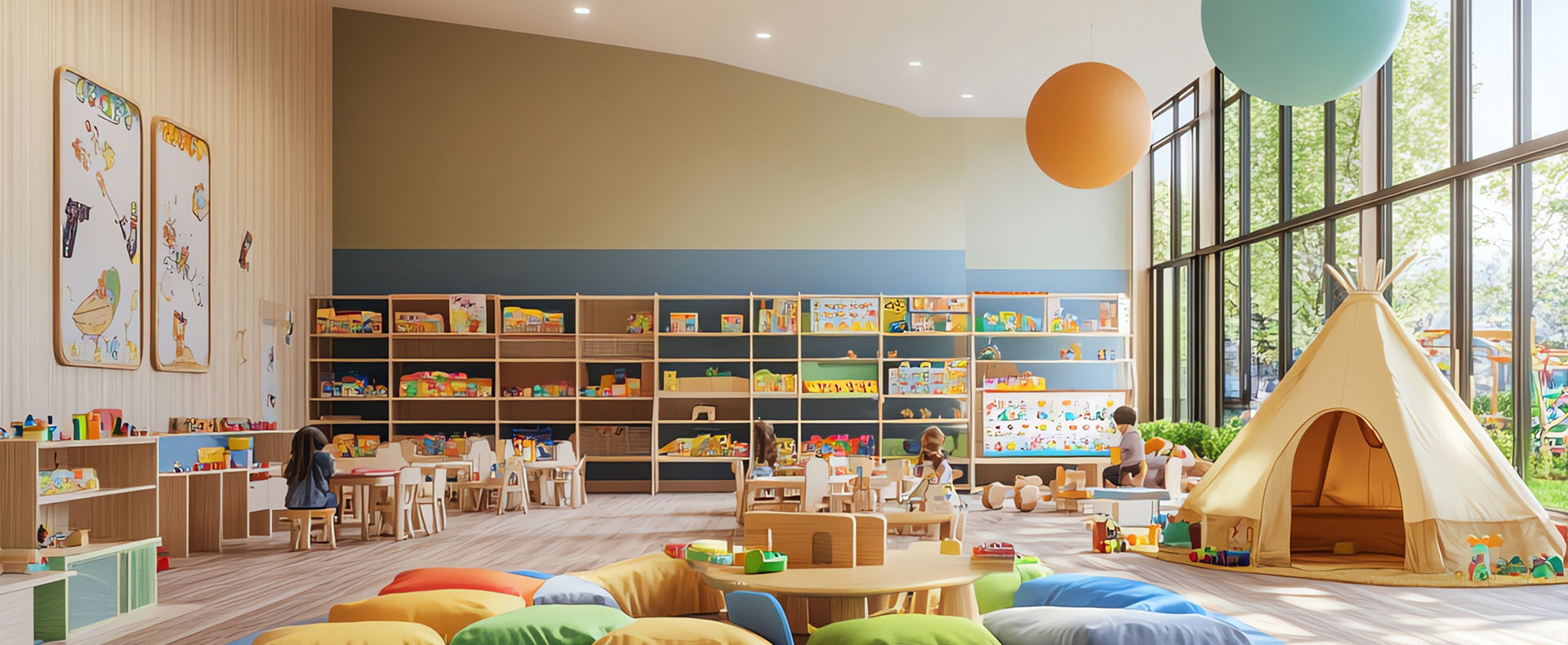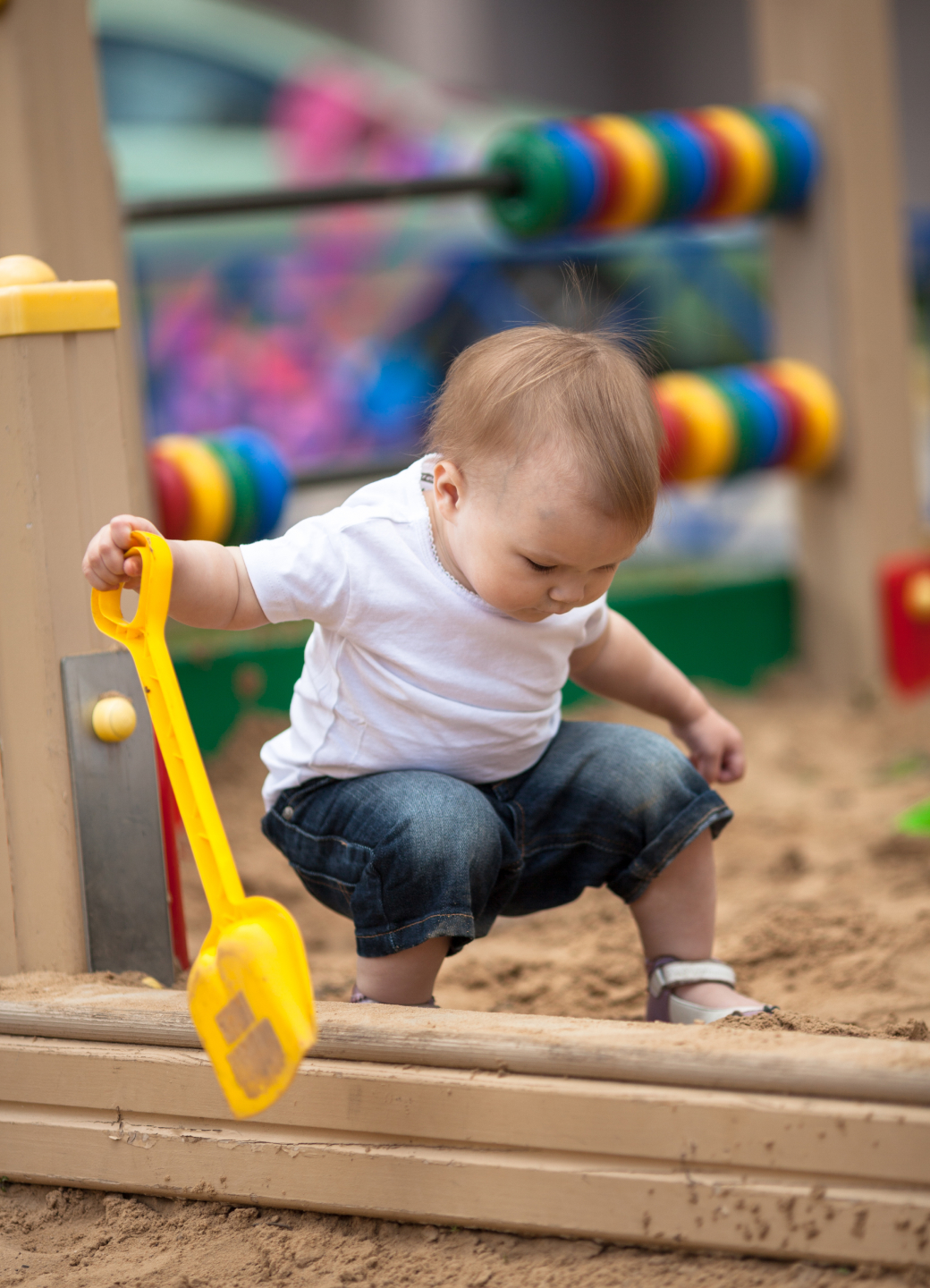
Developmental psychology offers profound insights into how children learn and grow during their formative years. By studying the cognitive, emotional and social development of young children, researchers and educators gain valuable knowledge that shapes early learning practices and enhances overall development.
Foundations of Early Learning
Developmental psychology underscores the importance of early experiences in shaping a child’s cognitive abilities, emotional resilience and social skills. During infancy and early childhood, the brain undergoes rapid growth and development, laying the foundation for future learning and behaviour. Stimulating environments, responsive caregiving and enriching interactions play pivotal roles in nurturing these early developmental milestones.
Cognitive Development and Learning
Key theories in developmental psychology, such as Piaget’s stages of cognitive development and Vygotsky’s sociocultural theory, highlight how children construct knowledge and understanding of the world. Early learning centres leverage these theories by providing age-appropriate activities and educational experiences that promote cognitive growth. Through hands-on exploration, problem-solving tasks and guided play, children develop critical thinking skills, language proficiency and mathematical understanding crucial for academic success.
Emotional and Social Growth
Emotional development is integral to early learning, influencing how children manage feelings, build relationships and navigate social interactions. Developmental psychology emphasises the role of nurturing environments in fostering emotional resilience and empathy. Early learning centres create supportive atmospheres where children learn to express emotions constructively, develop self-awareness and cultivate healthy relationships with peers and adults alike.
Role of Early Learning Centres
Early learning centres serve as nurturing environments where developmental psychology principles are applied to support comprehensive child development. These centres offer structured learning activities tailored to children’s developmental stages, encouraging exploration, creativity and curiosity. Educators trained in developmental psychology techniques provide individualised attention, fostering each child’s unique strengths and addressing areas needing further development.
Holistic Approach to Development
Developmental psychology underscores the holistic nature of child development, recognising the interplay between cognitive, emotional, social and physical domains. Early learning centres integrate these aspects by offering diverse learning experiences that promote well-rounded development. Activities such as music and movement, sensory play, outdoor exploration and artistic expression stimulate multiple facets of development, nurturing children’s innate curiosity and enthusiasm for learning.
Nurturing the Potential of Every Child
Incorporating developmental psychology principles into early learning practices enhances our understanding of how children learn and develop. Early learning centres play a vital role in fostering cognitive growth, emotional resilience and social competence among young learners. By providing supportive environments and evidence-based educational approaches, these centres empower children to thrive academically, socially and emotionally. As our knowledge of developmental psychology continues to evolve, so too does our ability to nurture the potential of every child, ensuring they embark on a lifelong journey of learning and growth.

